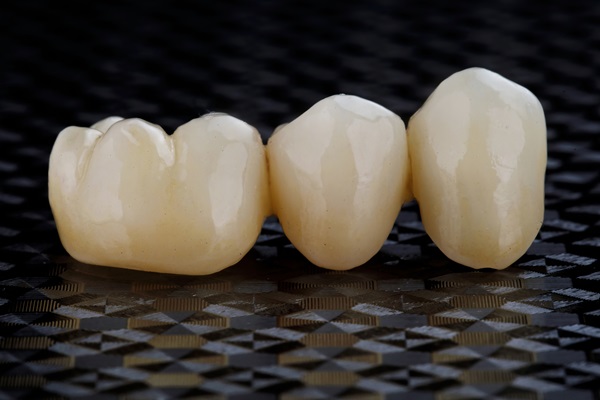How a General Dentist Treats a Dental Cavity

You might want to head to a general dentist if you find yourself dealing with a cavity. Cavities are tiny holes that form on teeth because of tooth decay. Acids created by oral bacteria eat away at teeth surfaces, creating those tiny holes. Other symptoms include reoccurring toothaches, increased sensitivity to hot and cold foods, and bad breath.
Cavities do not disappear on their own when left untreated. An untreated cavity will continue to expand until it leaves the tooth’s pulp chamber compromised. It can even lead to most of the visible part of the tooth falling out or an infection.
How a general dentist treats cavities
The severity of a patient’s cavity determines how a general dentist decides to approach fixing it. Commonly used treatment options include the following.
Fillings
Fillings are used to close up cavities, preventing them from further expanding. The process involves removing decayed material from the tooth, cleaning the area, and applying the putty-like filling to the tooth.
Composite bonding
Composite bonding is a more popular option than fillings because it can be color-matched with the patient’s teeth, unlike silver amalgam fillings. Bonding can be used to close up cavities and repair teeth structures that have been damaged by decay.
Fluoride treatments
This treatment infuses a patient’s teeth with fluoride, re-mineralizing it. Fluoride treatments can reverse tooth decay if performed during the early stage of decay. The treatment involves biting down on a mouth tray that has been filled with a fluoride solution.
Crowns
Crowns are typically recommended when a cavity has severely damaged a tooth. A crown can be used to hold the tooth together so it does not fall apart, and it protects the tooth from further decay. A crown also restores the appearance and function of the tooth it covers.
Onlays and inlays
Think of these as partial crowns that are recommended when a cavity is too large to be fixed with a filling, but not quite damaged enough for a crown. Onlays and inlays are made in dental labs just like crowns, and they are cemented to the patient’s teeth.
Extraction
If a cavity is left untreated, the tooth might become infected. A tooth infection that threatens to spread to other parts of the body via the bloodstream might prompt a dentist to recommend an extraction.
Get rid of tooth decay
Dealing with one or more cavities? Call or stop by our Mobile clinic to learn more about your treatment options.
Request an appointment here: https://www.soalsmiles.com or call South Alabama Smiles at (251) 206-6339 for an appointment in our Mobile office.
Check out what others are saying about our dental services on Yelp: General Dentist in Mobile, AL.
Related Posts
General dentists provide essential care to support oral health at every age, including well into adulthood and throughout the golden years. The goal is to help keep the smile in good shape so that it stays healthy, comfortable, and functional. Dental professionals can also address age-related oral health concerns, keeping you on track for a…
A general dentist spends a significant portion of their time performing preventative treatments like teeth cleanings that help prevent cavities. Cavities are the leading cause of dental visits. They are caused by the acids bacteria that live in the mouth excrete after consuming sugars. These acids eat away at teeth, eventually forming tiny holes in…
It is natural for teeth to discolor over time. If you have noticed that your smile has lost its luster, a general dentist can help. For effective and long-lasting results, get personalized advice and treatment from the dentist in-office. However, there are general steps you can take to improve the whiteness of your smile. Below…
General dentists can perform dozens of different procedures, so they may have a long list of offered services. A general dentist focuses on the prevention (and fast restoration) of oral health issues. However, they may also provide more extensive procedures, such as teeth replacement, when necessary.Some general dentistry services are more common than others. Specifically,…


